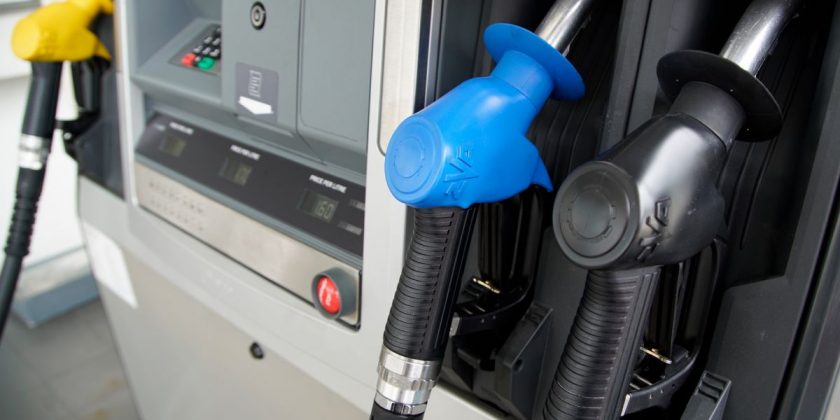The Federation of Malaysian Consumers Associations (FOMCA) has said that removing the current blanket fuel scheme amid the rising cost of living may backfire and result in higher inflation, according to a report by NST.
FOMCA CEO Saravanan Thambirajah explained this was because suppliers and traders were extremely sensitive to fuel prices and would increase the price of goods regardless of if they were affected by a subsidy removal. “Even if they also enjoyed the subsidy, their excuse would be that everything else has gone up, and they too have to hike their prices,” he said.
Saravanan was responding to a statement by international trade and industry minister Datuk Seri Mohamed Azmin Ali, who said a targeted fuel subsidy scheme where the rich will pay more compared to lower income groups is being considered by the government. This will replace the current blanket subsidy scheme, which caps RON 95 petrol at RM2.05 per litre and Euro 5 B10 diesel at RM2.15 per litre for all consumers.
As reported previously, the government’s total fuel subsidy bill is expected to be RM28 billion for the whole of 2022, more than double the RM11 billion recorded in 2021. What’s still not certain is how the target subsidies will be implemented.
In addition to the rising cost of living and inflation (Bank Negara projects between 2.2% and 3.2% this year), Malaysians are also faced with declining purchasing power, an uncertain economy as well as currency fluctuations. “Putrajaya should be prepared to face the ire from the B40 and M40 groups if it plans to implement it now,” said Saravanan.
Even so, he believed a targeted subsidy could be a good thing as long as there was transparency and no room for abuse. “Many countries have implemented a targeted subsidy system, and it is about time Malaysia does the same, but the implementation requires transparency on the part of consumers and suppliers,” he explained, adding that there must be a system that properly identifies the income bracket of consumers who deserved assistance.
“Next, the system has to be carefully implemented so that only those from the low-income groups receive it. The other thing that will be a big issue is the paperwork and bureaucracy when it comes to claiming the subsidy. I hope the government will reduce the red tape and don’t give people the runaround. The simplest and easiest way to access the assistance should be implemented,” he added.
As for those in the middle-income group who lost out on the perks, Saravanan said supplementary measures should be carried out to increase purchasing power of these individuals. “The government should prioritise the needs of the people, for example, focusing on projects that reduce the cost of living, so that it will impact all who need government aid,” he added.
Source: Read Full Article


